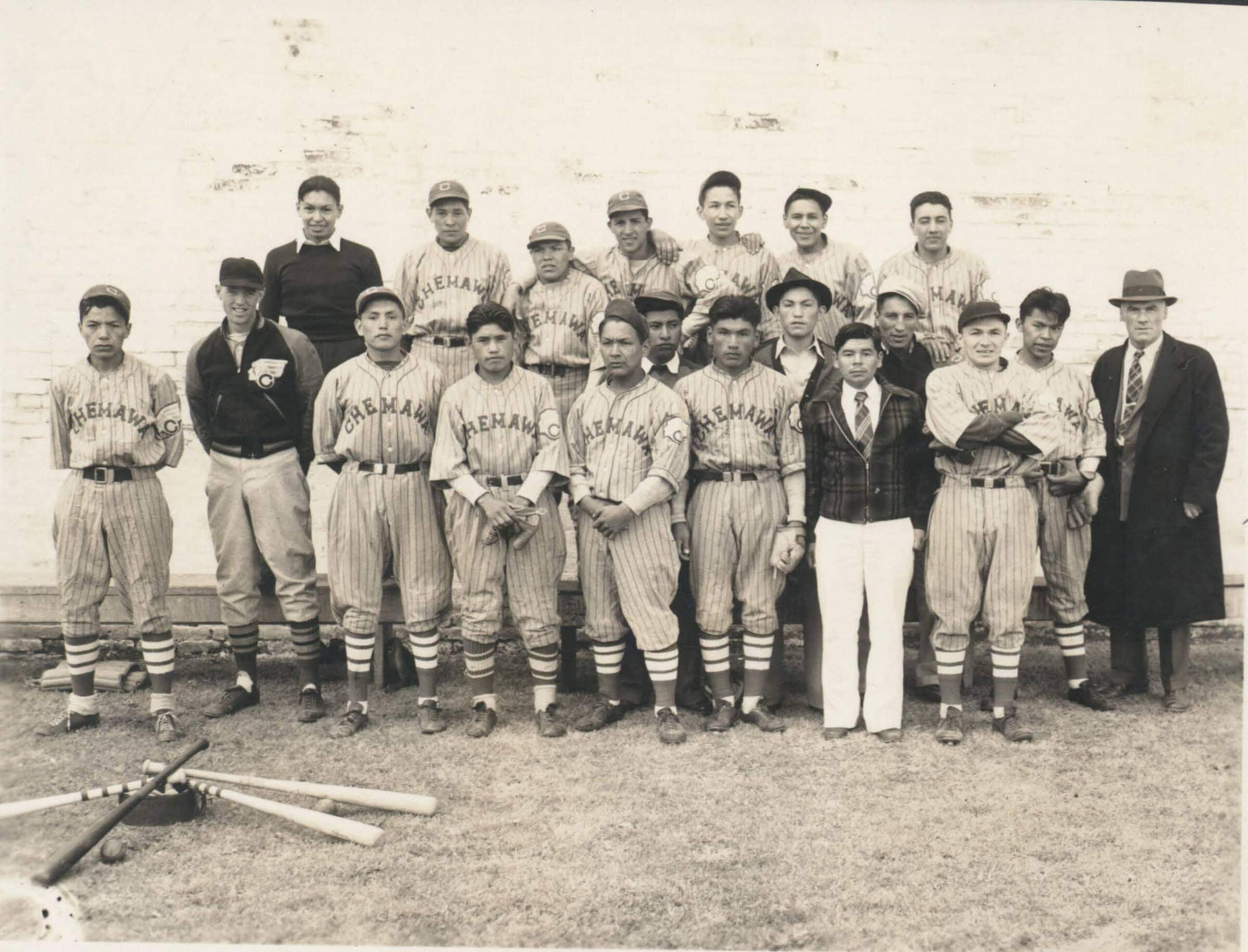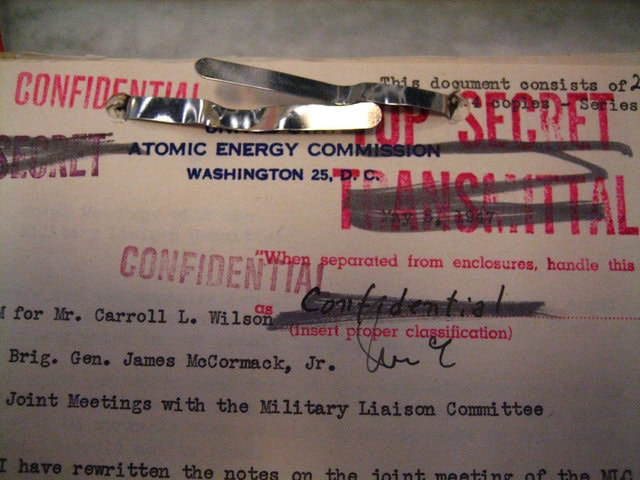The Public Interest Declassification Board Issues Its First Report
The Public Interest Declassification Board (PIDB) is a little-known federal advisory group promoting the declassification of historical federal records related to national security. The PIDB was authorized back in 2000 (P.L.106‑567) and charged to advise the president and other executive branch officials on classification and declassification policy. However, it took the Bush administration over five years to name its members and only in fiscal 2006 did the board receive its first annual appropriation. Following its difficult beginnings, since 2006 the PIDB has begun to fulfill the purposes the late Senator Daniel Patrick Moynihan had in mind in proposing the board.
Late last year, the PIDB issued its initial report entitled “Improving Declassification” (online at www.archives.gov/declassification/pidb/improving-declassification.pdf). The PIDB provided detailed recommendations to the president on 15 issues it identified that would improve the federal government’s declassification procedures. For anyone interested in the issues surrounding declassification of federal records, the report should be required reading.
Although many thought President Bush would simply ignore the report, in January 2008 he ordered executive branch agency heads to respond to the PIDB’s recommendations by April 15, 2008.
Among the recommendations in the report are the development of better procedures to identify and prioritize the declassification review of “historically significant” information and the creation of a board consisting of prominent historians, academicians, and former government officials who would be appointed by the Archivist of the United States to determine which events or activities of the U.S. government merited expedited declassification for a particular year.
The report also recommends expanding the use of historians and historical advisory boards at departments and agencies with significant classification activity. It goes on to recommend that all departments and agencies with national security responsibilities should hire an appropriate number of historians to speed declassification of classified records or to write historical accounts based upon the department’s or agency’s classified holdings.
On March 17, 2008, the PIDB held a hearing to receive public comments on its report.
The first commenter was Tom Blanton, director of the National Security Archive at George Washington University.
Blanton argued that the PIDB recommendations should be transformed into a draft executive order for immediate consideration by the incoming president. He called upon Congress to develop new standards for reviewing historically significant materials older than 25 years. Blanton cited the JFK Assassination Records Review Board and the Nazi War Crimes and Japanese Imperial Government Records Interagency Working Group as good examples of how Congress dealt with the declassification of historically significant records.
Blanton also noted the perpetual problem of inadequate funding for the National Archives and Records Administration (NARA). Blanton stated that the archives never received adequate funding to implement Executive Order 12958 as amended, which mandates the declassification of most records more than 25 years old. Blanton supported doubling NARA’s budget and pointed out that NARA has fewer archivists now than it did during the Reagan administration.
Blanton recommended that Historical Advisory Boards should have a mandatory and not just an advisory role to set priorities and make bureaucracy responsive. He agreed with the PIDB’s recommendation that classified records of Congress should also be reviewed and declassified, and urged that the review should be extended to judicial records as well.
American Historical Association Executive Director Arnita Jones gave a brief review of the organization’s long-standing commitment to advocating for greater access to public documents. She then introduced two witnesses representing the AHA.
The first was Richard Breitman, professor of history at the American University. Breitman was also the director of historical research for the Nazi War Crimes and Japanese Imperial Government Records Interagency Working Group.
Breitman lauded the report and urged its full implementation. He agreed with Blanton that funding would ultimately be the biggest stumbling block to realizing the recommendations. Breitman supported the PIDB’s recommendation to give priority to declassification of historically significant documents. However, he felt that to place the emphasis on only those from a national security or foreign policy standpoint was too narrow from a historian’s point of view. He also expressed concerns that if an emphasis is placed on historically significant documents and there is inadequate funding, it could have a detrimental effect on regular declassification efforts.
Bretman expressed concern that a new National Declassification Center (NDC) recommended by the board to centralize declassification activities within NARA might not have sufficient authority since it would be created by executive order and not by legislation. He said reliance on executive orders for enforcement has not worked in the past because they have too many loopholes. He suggested that a possible solution would be to transfer authority for declassification to NARA itself and allow it to enforce uniformity.
He also criticized the report for failing to make the point that too many documents are classified in the first place and that this has contributed to the overload of the declassification system.
Also representing the AHA was Brian Martin, president and chief operating officer of History Associates, Inc. Martin said he supported the creation of the NDC and stated that it should be structured so as to preserve the archivist’s nonpartisan status and independence. As the previous witnesses had, Martin also echoed the need for funding support from the executive branch and Congress, remarking that full funding is needed to address huge backlogs.
Martin cautioned that the NDC, in attempting to help agencies cope with records on special media, should especially ensure that it did not purchase obsolete hardware and software. He cautioned that old technologies are not sustainable and should be migrated to modern formats. He also stated it was unwise to discount the value of audio, video, and digital media because their value may increase over time.
He urged NARA to avoid the “if we have it on paper, we don’t need to preserve it in another format” mindset. Martin, concurring with Breitman’s concerns, declared that utilizing a “historically significant” prioritization scheme will mean that others with equally valid needs for records will get pushed even further back in the processing. An alternative would be to choose specific time frames without necessarily following the 25-year triggering point. Ad-hoc record groups could be created as needed to allow historians and archivists to address key historical events, Martin added.
Patrice McDermott, director of OpenTheGovernment.Org, was the next person to offer comments. She focused her remarks on management of electronic records. She stated that there is a government-wide failure with regard to electronic-records management in general, and e-mail in particular. Many in the public interest community fear that records, including historically significant records, are being lost or destroyed. This problem is most visible currently with e-mail records. She cited missing White House e-mails and alleged use of Republican National Committee accounts to conduct official government business as examples. She asserted that no one knows how the White House handles e-mails that deal with classified information.
McDermott said that the PIDB’s recommendation (to treat electronic records as special media if they involve software or hardware obsolescence) is of great concern because it focuses on the format in which the records are stored. The board suggests that, as part of an overall strategic plan, NARA and the agencies need to determine which special media constitute “permanently valuable” records. She advised the board to think like records managers and take into account that it is not the format that needs to be considered but, rather, the content.
With regard to “sensitive but unclassified” documents, she expressed a need for a clear review process of these pseudo classifications. As previous witnesses said, she agreed that much of the problem is caused by massive overclassification at the front end of the process.



